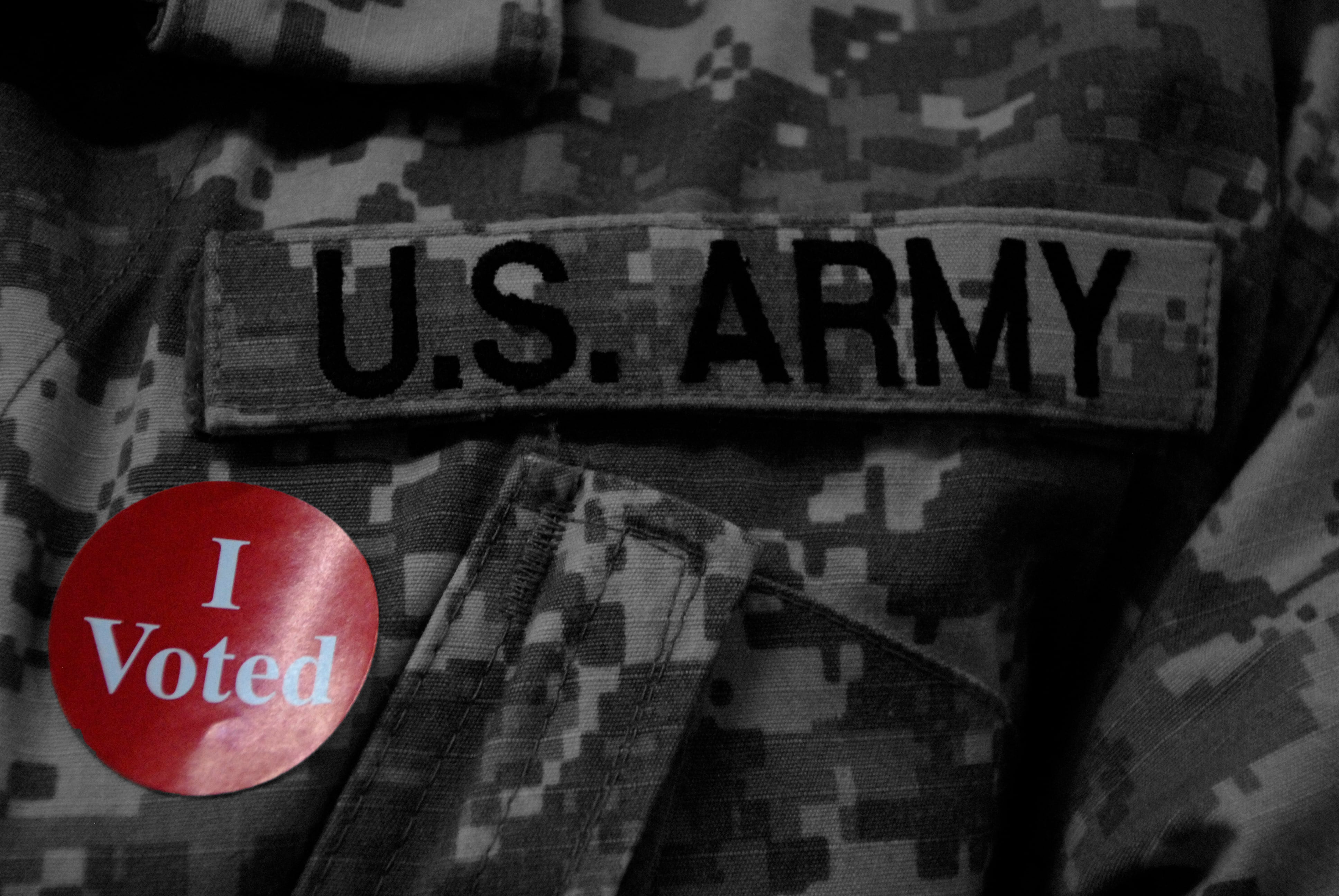WASHINGTON — As voters head to poll stations across the country today, their decisions will have lasting ramifications for the military for years to come.
Individual congressional races will decide which voices guide national security debate and how many veterans-turned-lawmakers are participating. Together, the results will determine which party controls the House and Senate, and by extension, how the fiscal 2020 defense budget process unfolds.
Here are the defense topics to watch on election night:
RELATED
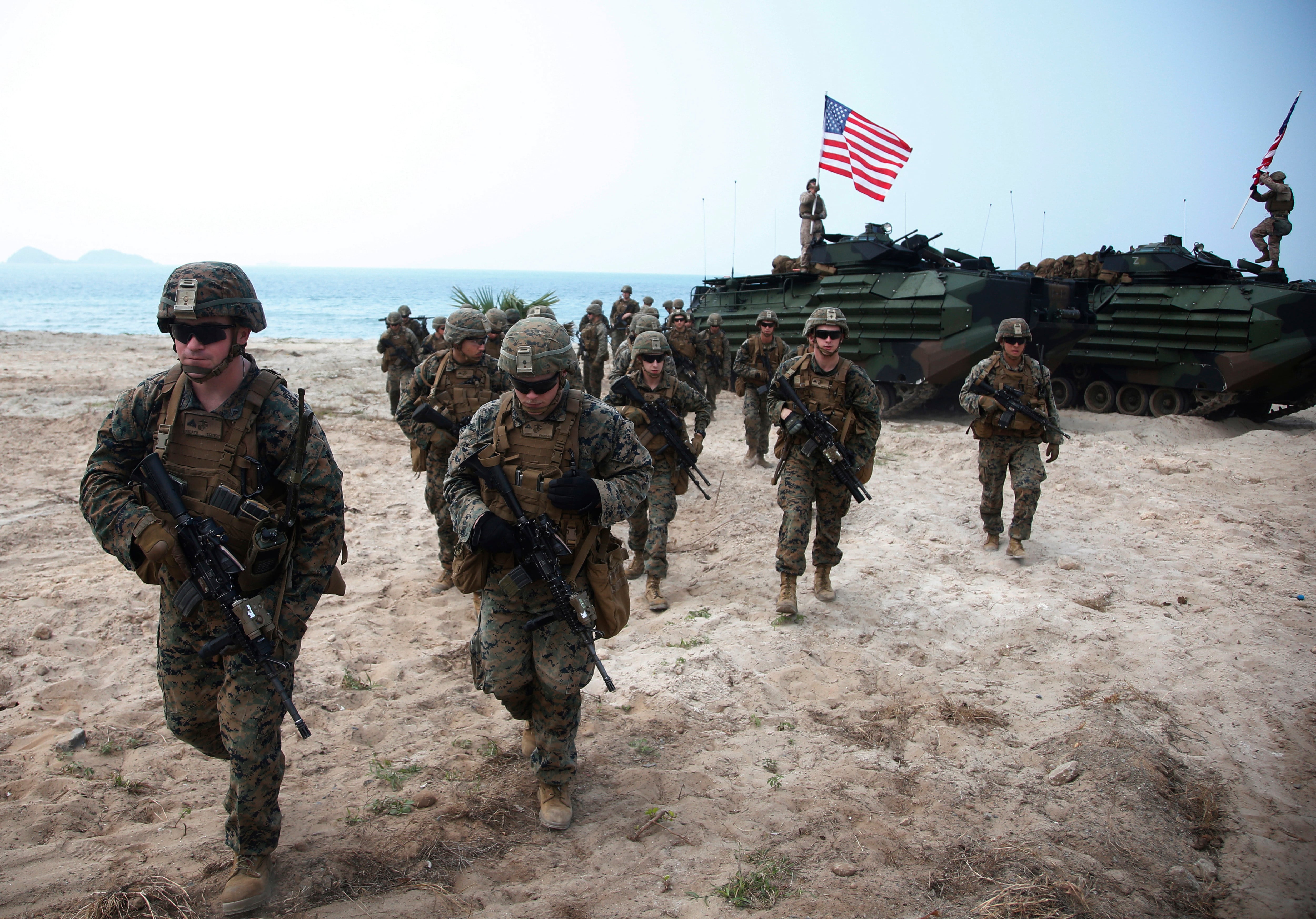
Control of the House
Polling experts in recent weeks have been outlining the possibility of a Democratic takeover of the House. If the minority party can pick up 23 seats, they’ll break up the current Republican monopoly in the legislative and executive branches.
That has major implications for oversight and agenda setting. Democratic leaders have already promised if they win they’ll hold hearings on President Donald Trump’s decision to deploy active-duty troops to the southern U.S. border and his plans to establish a new military Space Force.
They have also promised to revisit Trump’s moves to ban transgender individuals from the military and provide intense scrutiny of his strategy in Afghanistan, the Middle East and Europe.
Republicans have warned that Democratic dissatisfaction with the president, coupled with control of Congress’ lower chamber, could translate into politically motivated impeachment hearings, which could snarl a host of other legislative priorities and raise the specter of more government shutdowns.
RELATED
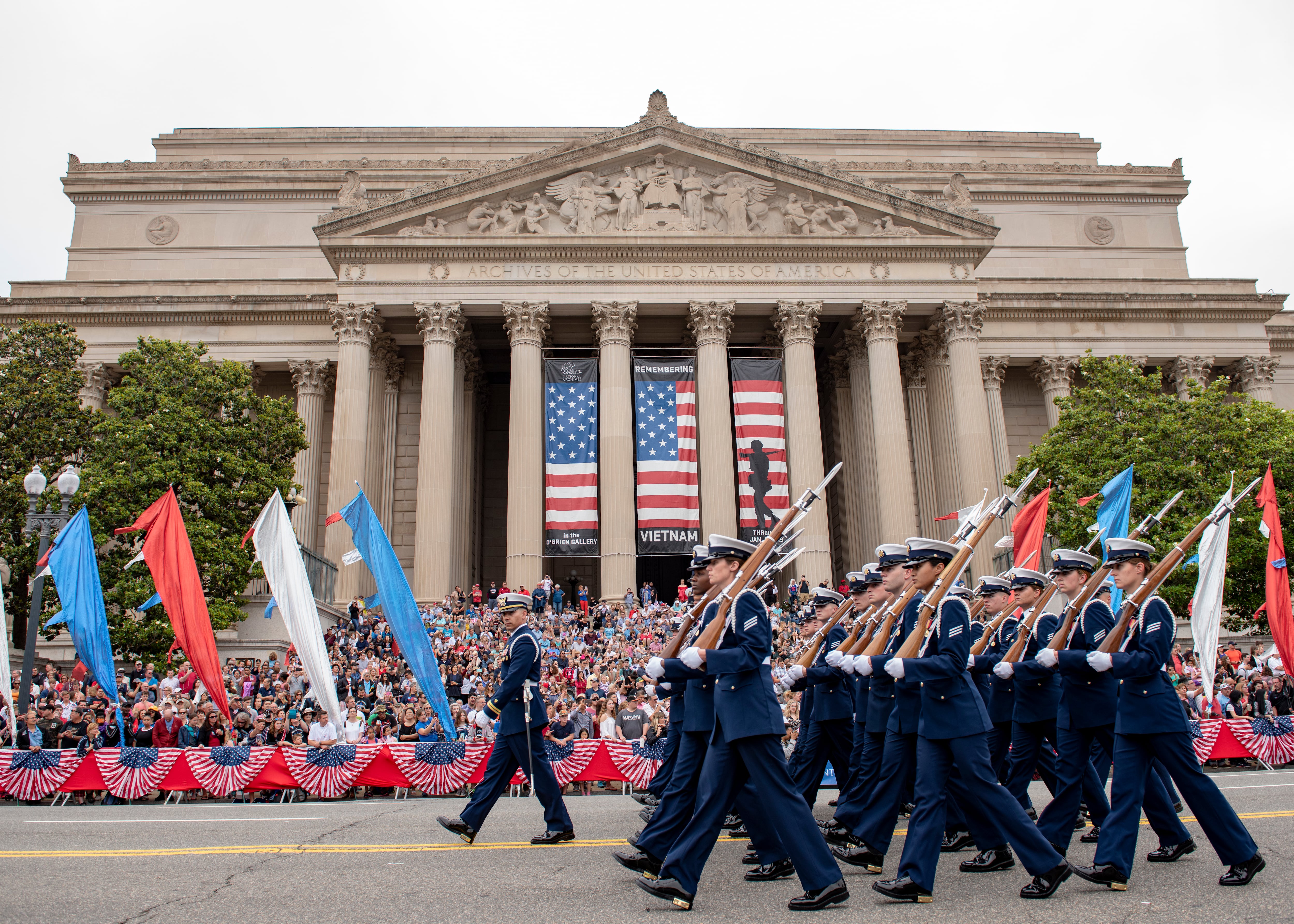
A surge of veterans
The number of veterans serving in Congress has been on a near steady decline since the 1970s, due largely to the decline in the overall veteran population in the country. But the number of lawmakers with military experience could go up after Tuesday.
This cycle, 172 veterans have won primaries and will appear on the ballot for the midterm elections. That figure is on par with the 2016 cycle, but more of those candidates are in winnable races and have significant financial backing.
Even a small rise in veterans number on Capitol Hill would represent a significant shift.
And prominent veterans like former Defense Secretary Chuck Hagel and former Sen. John McCain in recent years have extolled the need for more veterans in elected office, saying their common military bonds could help transcend some of the partisanship and animosity driving legislative work today.
RELATED
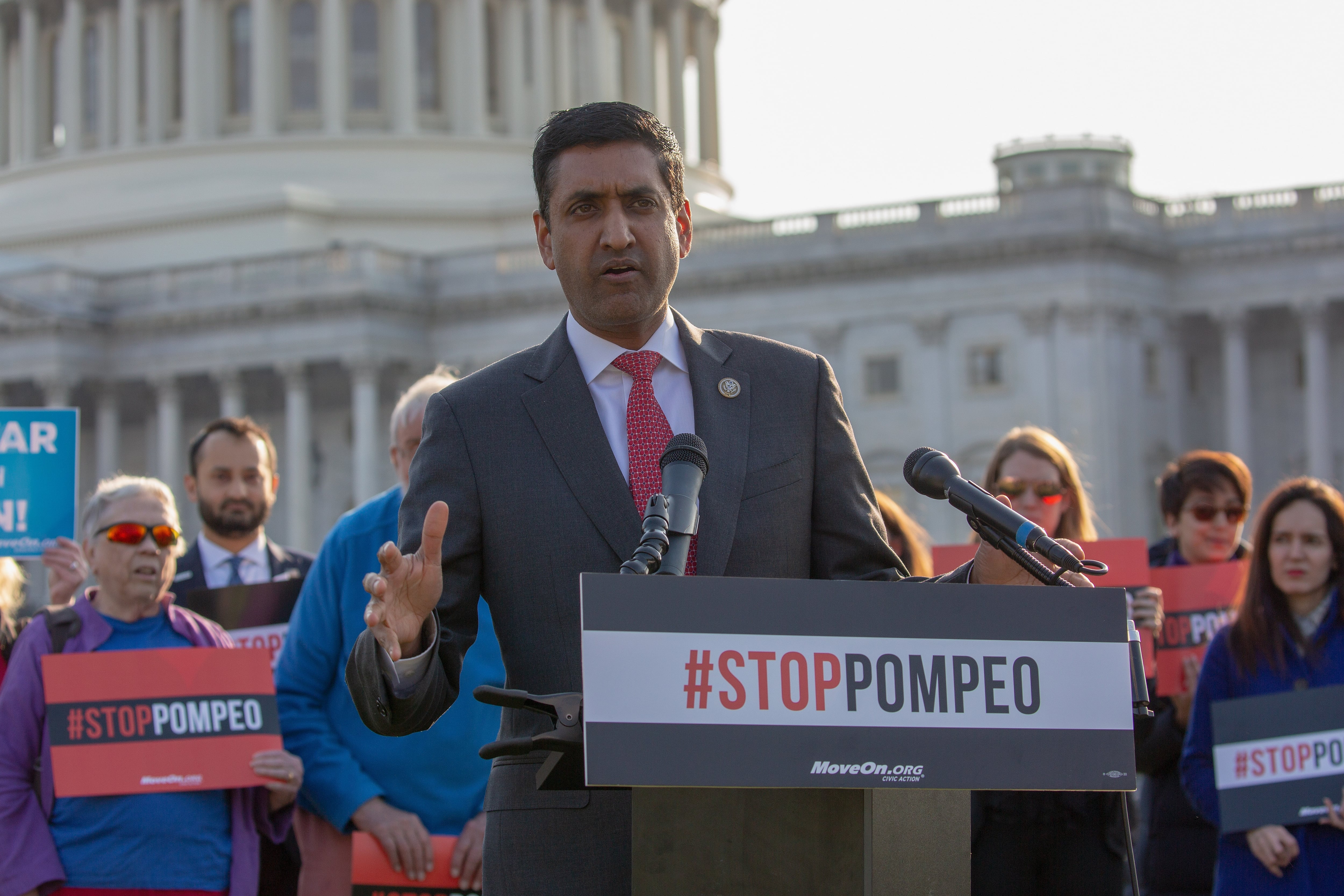
The military influencers
Several prominent defense lawmakers are on the bubble this year, and the election will determine whether they remain at the center of crafting military policy or get replaced by a new generation of national security leaders.
Rep. Mike Coffman, R-Colo., hold key posts on both the House Armed Services and House Veterans’ Affairs committees but also trails in recent polls of his district. Fellow HASC member Rep. Marth McSally, R-Ariz., is poised to become a key figure in the Senate on military issues, but only if she can win a tight race against Democrat Kyrsten Sinema.
Similarly, Sen. Jon Tester, D-Mont., could see his role as ranking member of the House Veterans’ Affairs Committee amplified by additional Democratic power in Congress, but only if he can hold onto his Senate seat.
Among the newcomers, veterans-turned-politicians like Dan Crenshaw in Texas, Mikie Sherrill in New Jersey and Chrissy Houlahan in Pennsylvania appear on their way to election night triumph and a defense policy platform when they arrive on Capitol Hill next year.
RELATED
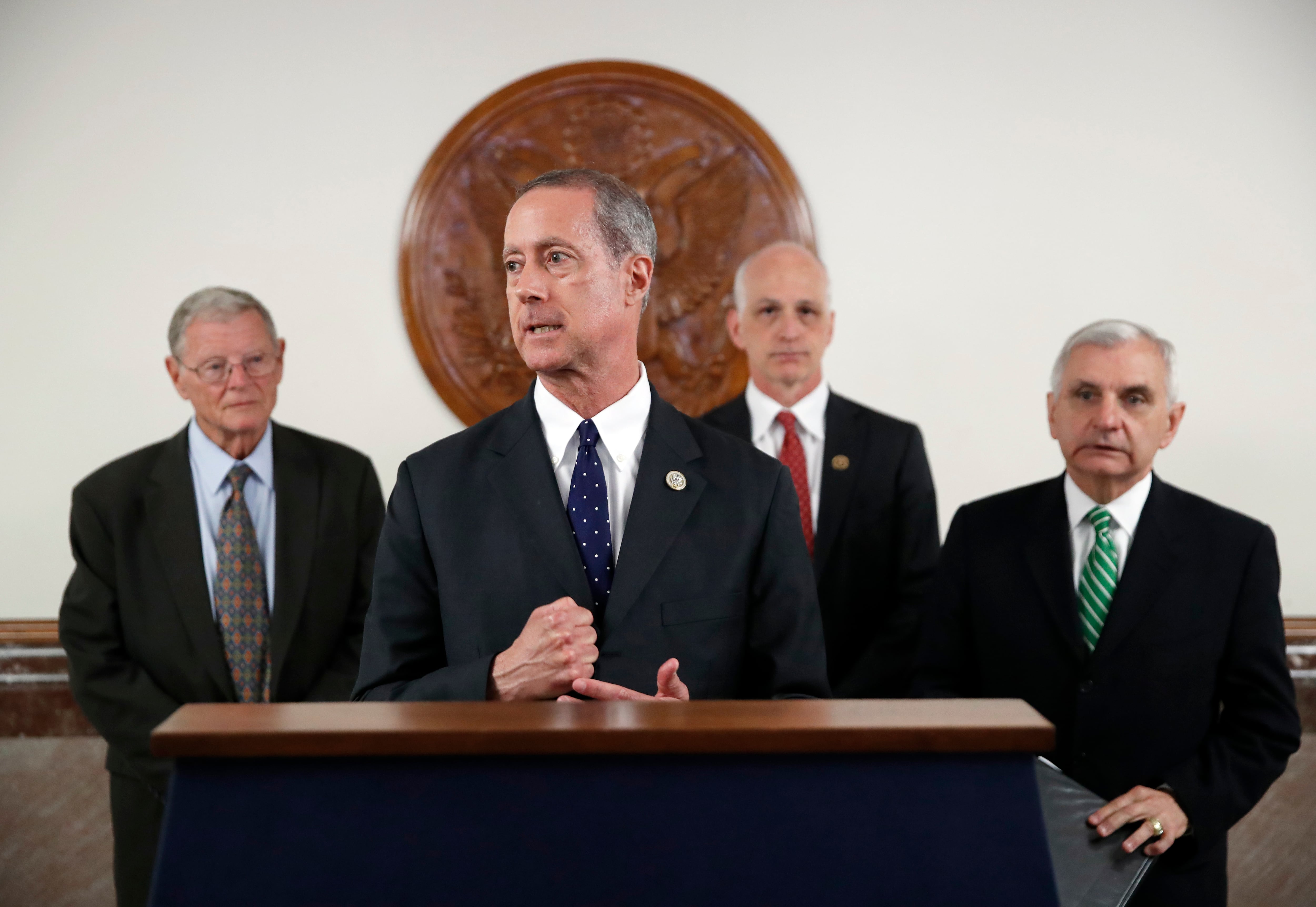
Defense budget questions
Even with one party in control of the White House, Senate and House, the fiscal 2018 defense budget was overdue by six months, forcing Pentagon officials to operate off continuing resolutions for an extended period. They lamented the spending constraints hurt long-term planning and short-term readiness.
Now the question becomes whether the election will help or hurt that problem next year.
Lawmakers and Trump will have to reach a deal to circumvent spending caps set to automatically trigger in fiscal 2020, and what newly elected members of Congress say in the aftermath of the election could have major consequences for that negotiation.
Already, a number of conservative candidates have stumped for continuing Trump’s promise of rapidly growing the military budget, while far-left hopefuls have campaigned on reining in the defense largess. After the votes are counted, those budget battle lines could form quickly.
Leo covers Congress, Veterans Affairs and the White House for Military Times. He has covered Washington, D.C. since 2004, focusing on military personnel and veterans policies. His work has earned numerous honors, including a 2009 Polk award, a 2010 National Headliner Award, the IAVA Leadership in Journalism award and the VFW News Media award.
